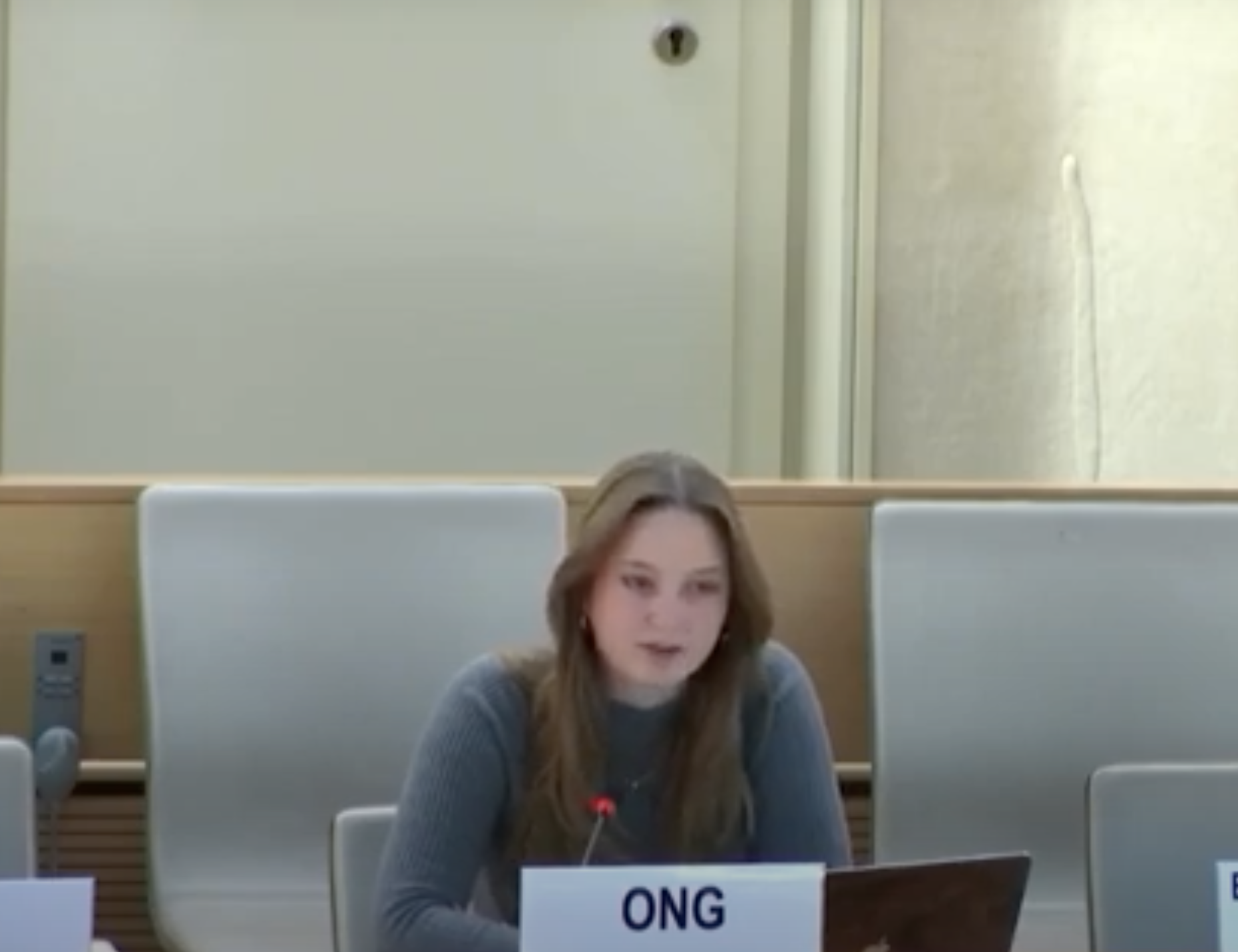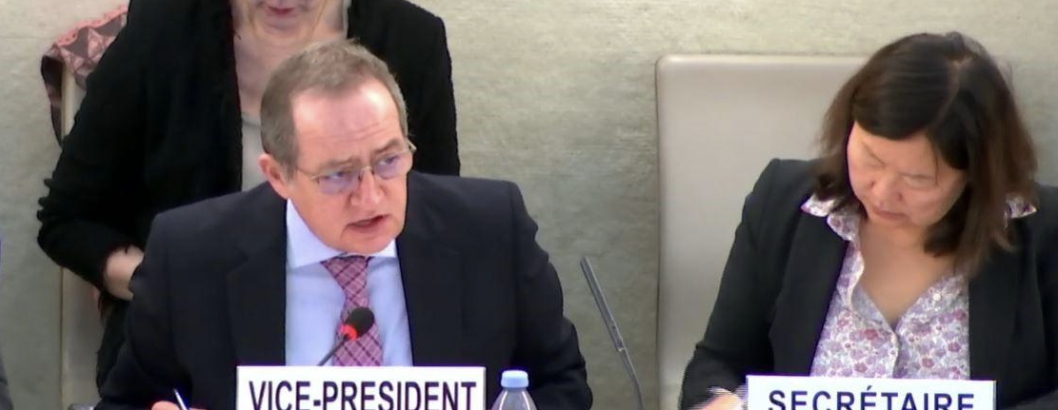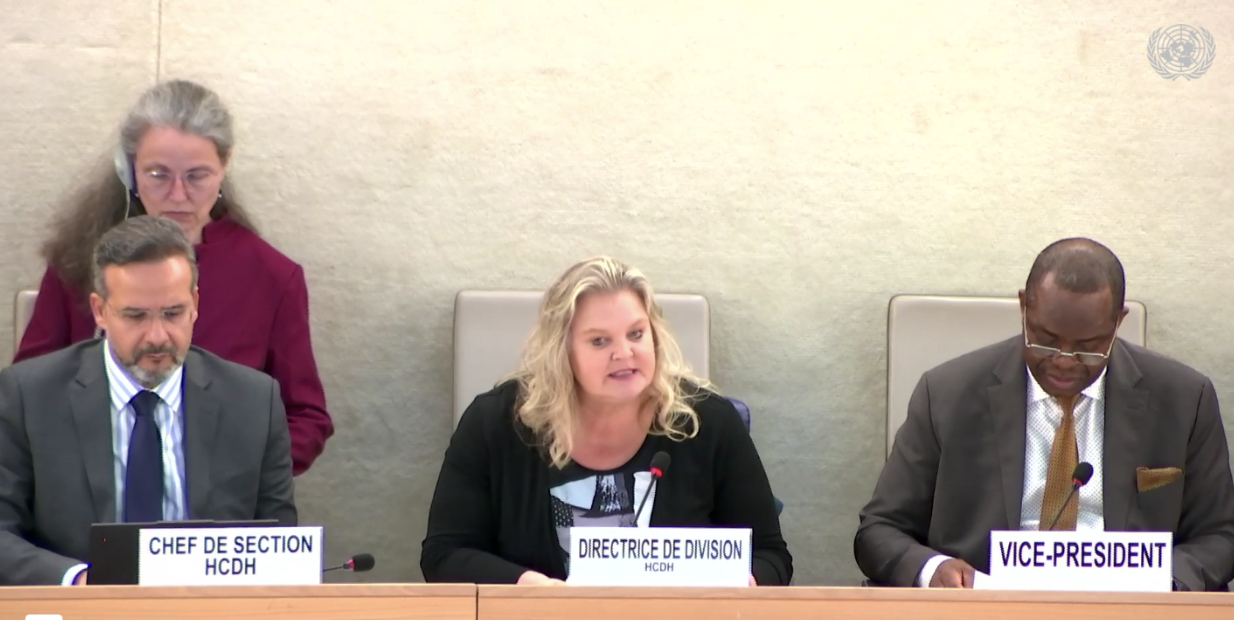75th Anniversary of the Genocide Convention and Punishment of the Crime of Genocide
Panel 2: State Obligations for Preventing Direct and Public Incitement to Genocide in the Digital Space
4th December
Association Ma’onah for Human Rights and Immigration
By Lené Sophia Strydom / GICJ
Thank you Mr Vice President,
In the ever-expanding digital realm, where communication knows no borders, the prevention of direct and public incitement to genocide becomes a paramount concern for all States. States party to the Genocide Convention bear a crucial responsibility in mitigating the risks associated with online platforms, ensuring they prevent hate speech and incitement to genocide.
The Myanmar genocide against the Rohingya minorities necessitates decisive global action, moving beyond condemnation to advocate for accountability. The brutal crimes, involving the annihilation of countless innocent lives amid systematic violence, underscore the urgency for a resolute stand against injustice. This calls for united efforts by nations to defend fundamental principles in both the physical and digital realms.
In the pursuit of justice, addressing the pervasive spread of hate speech and propaganda, online and offline, is crucial to rectify past wrongs and prevent future atrocities. Countering the digital dissemination of hate is imperative for fostering a more secure and compassionate global community upholding the values of justice and human rights.
States must enact laws criminalising digital incitement to genocide, implementing targeted legal frameworks, and promote online tolerance through education, awareness, and diplomacy in the digital sphere. While upholding the importance of Articles 19 and 20 of the Universal Declaration of Human Rights in safeguarding freedom of expression, it is crucial to ensure that these protections do not shield malicious exploitation.
Association Ma’onah and Geneva International Centre for Justice emphasise the need to balance freedom of expression and preventing incitement to genocide in the digital age. In this interconnected world, collective state action is imperative to safeguard human dignity and prevent the sinister consequences of digital hate.
Thank you









